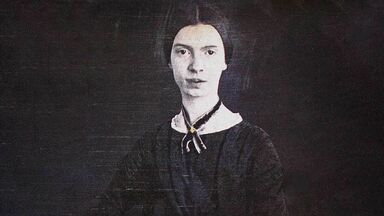But the dispute lasted for many years (Leo of Armenia continuing to champion the cause of his great-nephew), and long occupied the attention of Innocert III.
The inevitable ecclesiastical crisis was still further postponed by the superior stress of two urgent political events - Christian II.'s invasion of Norway (1531) and the outbreak, in 1533, of " Grevens fejde," or " The Count's War " (1534-36), The the count in question being Christopher of Oldenburg, count's great-nephew of King Christian I., whom Lubeck and War, her allies, on the death of Frederick I., raised up 1533= against Frederick's son Christian III.
He returned to Genoa for good in 1555, and being very old and infirm he gave over the command of the galleys to his great-nephew Giovanni Andrea Doria, who conducted an expedition against Tripoli, but proved even more unsuccessful than his uncle had been at Algiers, barely escaping with his life.
On the death of his great-nephew Theodebald in 555, Clotaire annexed his territories; and on Childebert's death in S58 he became king of all Gaul.
Leo of Armenia was naturally the champion of his great-nephew, Raymund Rhupen; indeed he had already claimed Antioch in his own right, before the marriage of his niece to Raymund, in 119 4, when he had captured Bohemund III.





